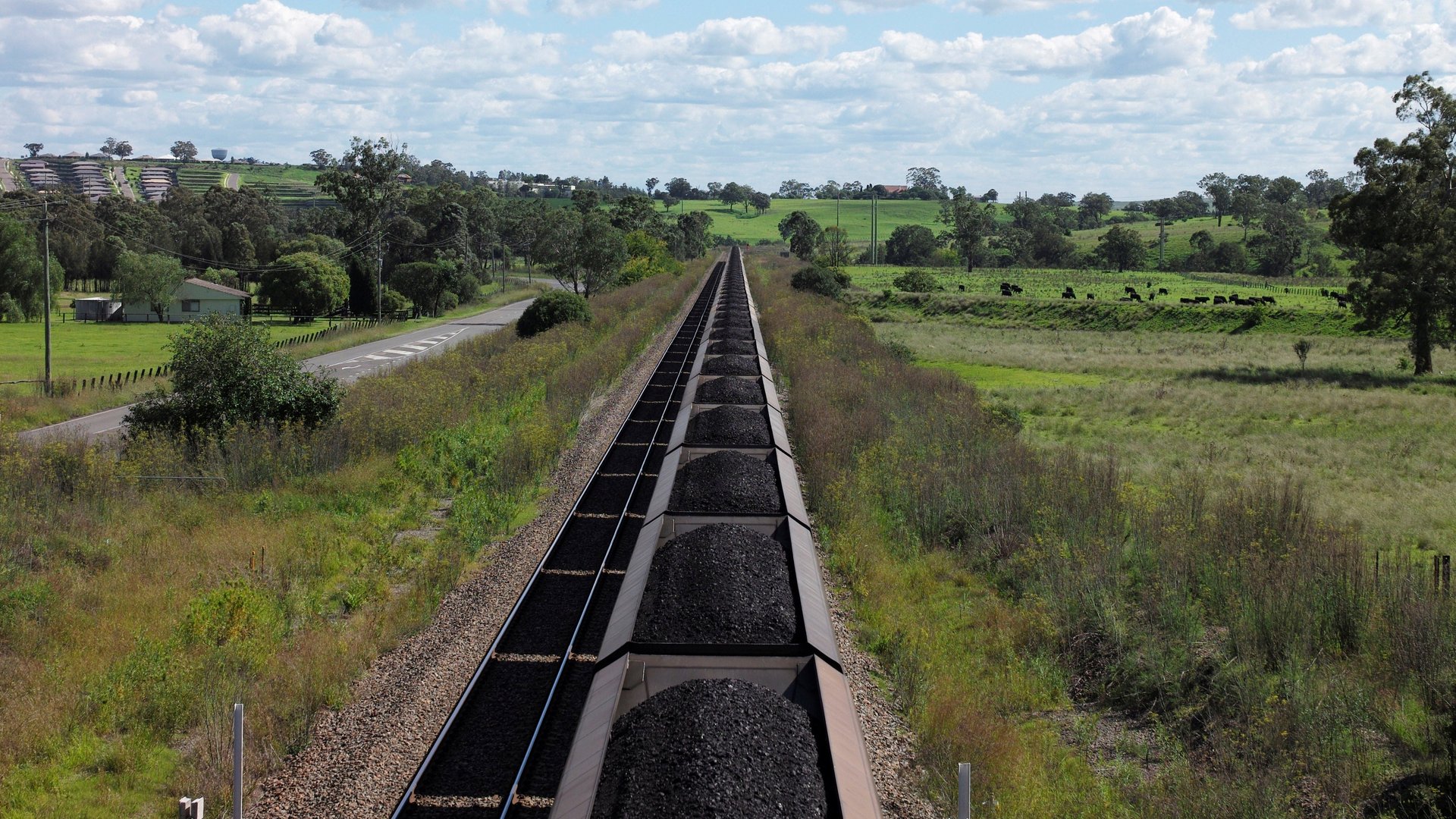Australia keeps voting for coal, but investors are quietly abandoning plans for new mines
On May 18, Australians surprised the pollsters. At the federal election, the expectation was for the incumbent coalition to be thumped by the pro-climate Labor party. Instead, citizens of Queensland, Australia’s coal-rich province, swung hard to support the coalition backing the construction of new coal mines. It was enough to ensure the coalition remains in power.


On May 18, Australians surprised the pollsters. At the federal election, the expectation was for the incumbent coalition to be thumped by the pro-climate Labor party. Instead, citizens of Queensland, Australia’s coal-rich province, swung hard to support the coalition backing the construction of new coal mines. It was enough to ensure the coalition remains in power.
Queensland’s Carmichael coal mine lies at the heart of the debate. Many political campaigns were focused on the mine, using hashtags like #StopAdani or #StartAdani. Adani, the Indian conglomerate that has an exploration license for the coal mine, plans to build it into one of the world’s largest. Emissions from the process of mining at Carmichael, and the burning of the coal produced, would each separately be more than emissions produced by entire countries like Austria, Denmark, and Norway.
But Adani has struggled to first get the environmental licenses it needs, as well as the financing to pull off the project. Last year, the company announced that it would move ahead with a scaled-down version of the Carmichael mine, producing only 10 million metric tons of coal each year of the possible annual capacity of 60 million metric tons.
Environmentalists around the world see the Adani mine, located in the Galilee basin, as a bellwether for the future of the dirtiest fossil fuel. That’s because the basin has potential to provide a lot more coal beyond the Adani mine, at a time when Australia (and the world) is struggling to cut its emissions and hit ambitious climate goals.
Among rich nations, Australia is expected to suffer the most damages because of the climate crisis. In the past few months, the country has experienced its hottest summer on record, extreme flooding in Queensland, and mass die-off of a million fish in New South Wales.
While the Australian elections didn’t go as environmentalists wanted, they do have something, perhaps even bigger, to celebrate. On May 23, Australian broadcaster ABC found that investors have abandoned plans to build a much larger mine that was supposed to be located only 30 km away from the Carmichael mine.
The China Stone project, run by MacMines AustAsia and wholly owned by the Meijin Energy Group, which is China’s largest producer of metallurgical coke, was expected to produce 38 million metric tons of coal each year. The A$6.7 billion ($4.6 billion) mine would have supported 3,000 jobs and contributed A$188 million to the Queensland government’s coffers each year for the 25 years the mining was expected to last.
All that now seems to be up in the air. ABC revealed that MacMines terminated the process of acquiring mining leases from the government in March. Though the company wouldn’t comment on why it did that, analysts believe that the coal mine is neither financially viable nor in China’s interests any more.
“China has made it very, very clear it wants to progressively reduce exposure to highly polluting coal-fired power generation. That won’t happen overnight, it will take decades to come,” Tim Buckley of the Institute of Energy Economics and Financial Analysis told ABC. “But if you are moving in that direction, the last thing you want to do is introduce a whole lot more expensive imported thermal coal.”
Notably, the China Stone mine’s financial viability is expected to be similar to the Carmichael mine. David Fickling, a Bloomberg columnist, did the math on the latter. After taking into consideration the cost to build the mine, the railway line, the operating expenses, and the interest payments on the loans taken, he found that each metric ton of coal would cost about $88. That’s much higher than the open-market cost for the same quality of coal, which can be bought from Indonesia’s Adaro Energy for as little as $66 per metric ton.
MacMines still owns an exploration license for the China Stone project, so no other company can develop it. That means, for now, the China Stone coal will stay in the ground.